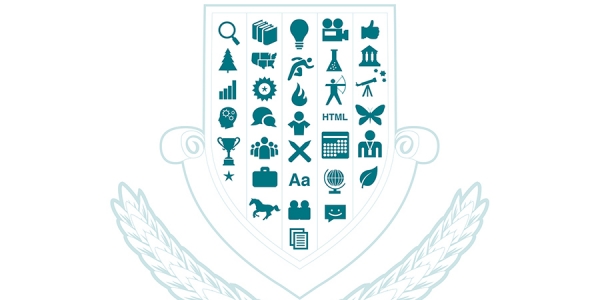And the next generation of learning management systems will be...

Earlier, I wrote about Google Classroom developing as a nontraditional learning management system (LMS). Now, I want to consider what the next-gen LMS might include.
One thing I have read is that rather than being just an eLearning portal, this next-gen LMS must be an "engagement engine." That is a buzzworthy term because not only in education but in the social media marketing world "engagement" is considered to be very importent.
In the U.S., we don't hear much about LMS products from other part of the world. Growth Engineering is a UK Learning Technologies company, and they see their mission as making learning fun with gamification and engaging content. Their LMS (Academy) and their authoring tool (Genie) are both new to me. They appear to me to be intended for corporate training rather than school use, but I suspect the next-gen LMS will be able to operate in both domains.
Juliette Denny, of Growth Engineering when writing on elearningindustry.com, notes 9 Characteristics Of The NextGen LMS. I could come up with other characteristics and I'm sure a group of faculty or instructional designers could come up with others. With a focus on corporate training, her list probably won't agree with one from academia but, again, I think that next-gen LMS will work in both places.
I agree with her that the earlier Learning Management Systems were very much portals and content depositories for learning units. In the late 1990s, we sometimes called them a CMS which could mean course management system or content management system and institutions used them both ways.
I worked for a few years designing corporate training and clients definitely want a way to manage content - documentation, help files etc. - as well as a way to track employee uses of that content. The ability to monitor employee progress and mastery of training was the next thing that was a concern. This is not unlike academic use of an LMS.
The LMS of 2017 is much more sophisticated than the ones I used at the end of the 20th century. They are easier to do authoring. They are not beautiful, but they are less ugly. They take into account user experience much more and their use is much more intuitive.
In corporate use (and perhaps in some free and non-credit use) "informal learning" is a definite consideration. One key element of that is a system's ability to track and predict in order to direct the learner toward the next piece of content. This individualized learning path is something being developed more recently but will certainly be built into the next-gen LMS.
Connected to this informal learning is social learning. The current LMS you use probably has ways to interact with social networks. It might even have its own social tools. Most of these do not have the appeal of the most popular networks (Facebook, Twitter, Instagram et al). The next-gen LMS will include the qualities of a social network and will "help organizations capture and retain intellectual capital."
Some social features appear in LMS, but many companies use separate application (such as Sharepoint) for social collaboration, and in schools outside social network still rule. Combining the two successfully means learners have a reason to return to the LMS and complete more training or coursework. We are not there yet.
The next-gen LMS will be mobile. I still have not seen a really well done mobile version of an enterprise LMS, though vendors will tout that their LMS is "optimized for mobile use."
What about this engagement engine concept? As the aforementioned article points out for the corporate world, "It shouldn’t come as a surprise to anyone that employee engagement is a big problem. Training aside, poor engagement is responsible for low productivity, high employee turnover and lifeless company cultures. The sad thing is that these consequences exacerbate the issue of engagement, locking organizations in a downward spiral." In education, these translate to poor grades, dropped courses and lower enrollments.
Things you will see being developed more now are improved vectors for feedback and communication from facilitator to learner and from learner to learner. Learners want to know how they are progressing and want to be "rewarded" for progress. Whether those rewards will be most engaging as grades/salary, status/advancement, badges, rankings or some other system is yet to be decided.
Gamification is currently one of the ways to let learners see progress and become engaged. But "gamification" still carries with it the incorrectly applied impression (especially in higher education) of playing games and "making learning fun." Learning, at its best, is fun, but don't tell professors that is the goal for them to strive for.
I realized early on in doing corporate training design work that tracking employees’ "key performance indicators" was surprisingly much more important to companies than it was to educators. Our corporate courses were actually more concerned with formative assessments (frequent checks for learning), than our academic courses that more commonly used summative assessments (quizzes and tests).
That future ideal LMS will include "performance management suites that tie together objectives, competencies, reviews and training in one streamlined process."
Are these unrealistic goals for a future LMS. No. In fact, I know that all of these items are being studied and tested by developers. It is just a question of how long it will take for them to be ready in one LMS.


